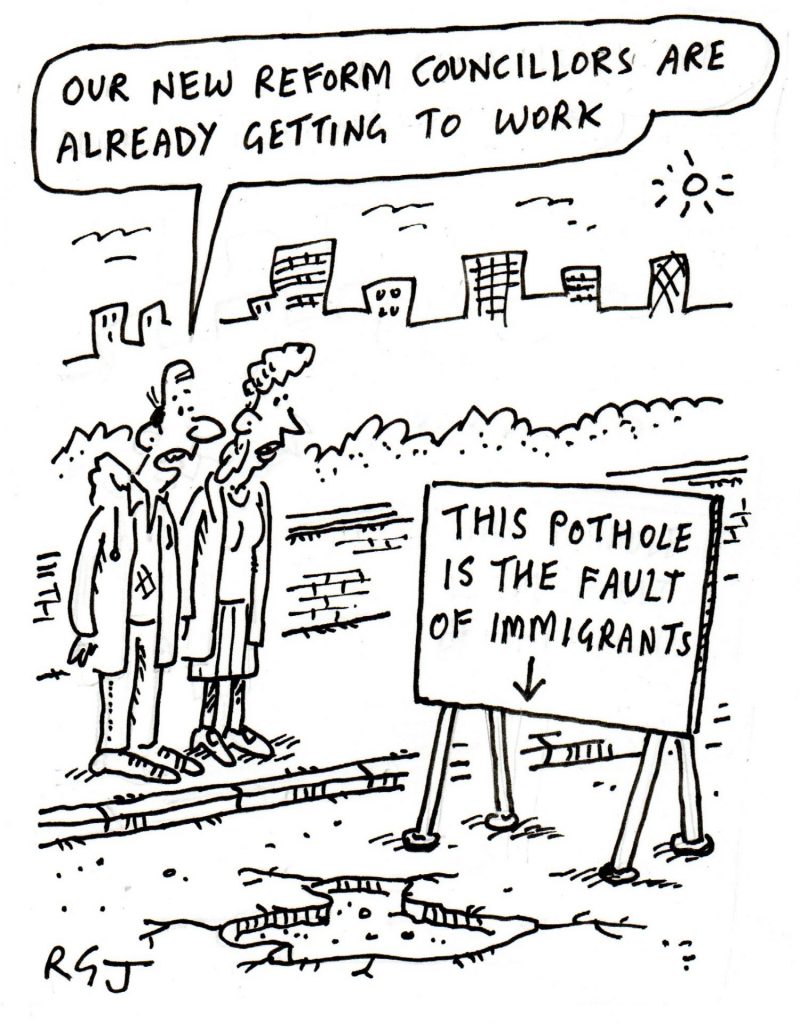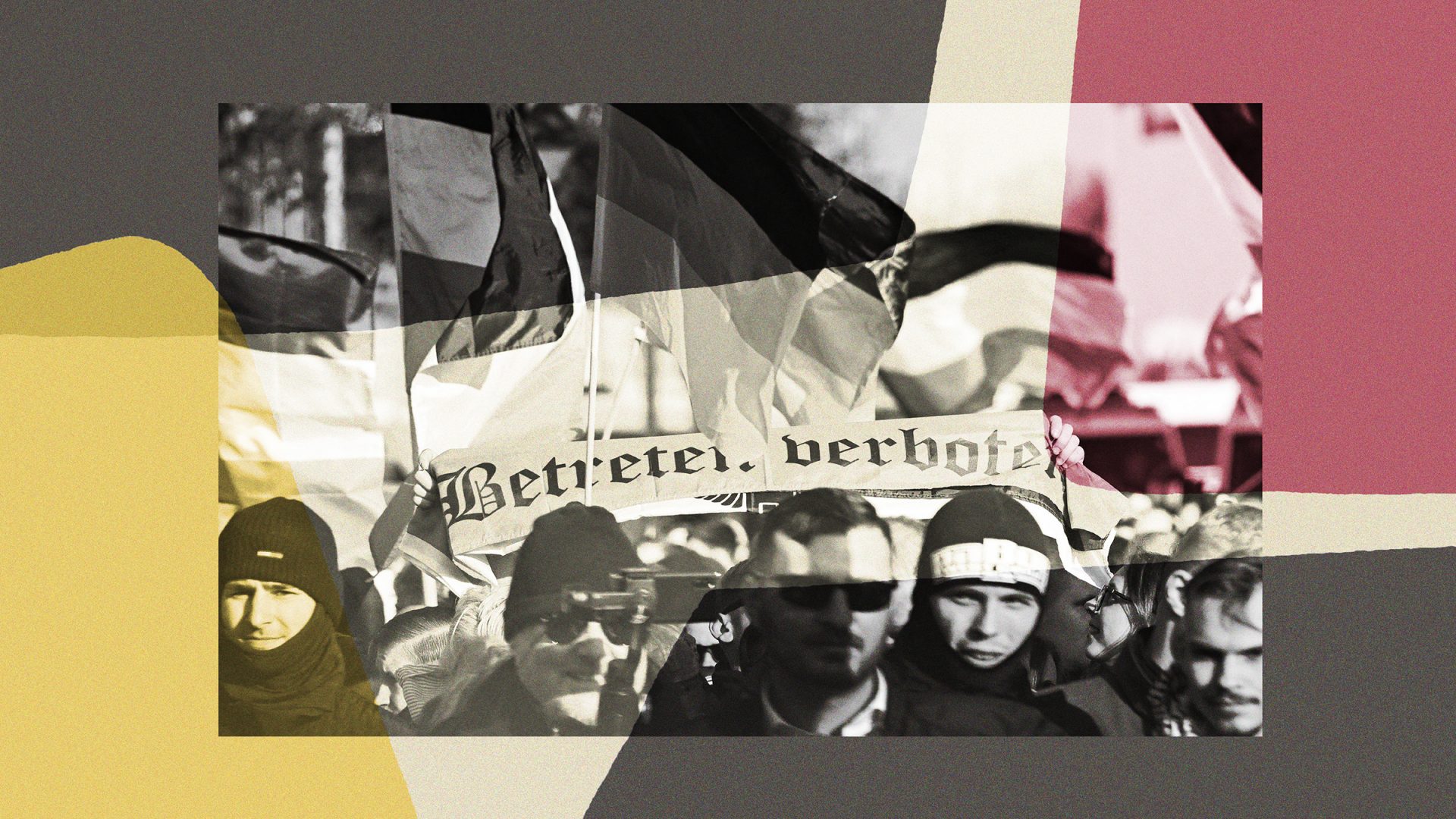Two very different conversations to report… the first from the famed “doorstep” during the local elections; the second with a Labour minister after the votes were all counted.
I say “doorstep” – it was actually Preston railway station, where a couple, roughly my age, stopped me as I was rushing to catch a train.
“I’ve voted Labour all my life,” said the man – conversations which start this way usually have a “but” coming soon – “but not this time.” “Why?” I asked.
“Losing the winter fuel allowance,” he said, before his wife added: “And now the PIPs.”
“One was bad enough,” he said “but take the two together – it’s just not what Labour governments DO.”
Well, this Labour government has done it. Talk to pretty much anyone who was campaigning in recent weeks, and they will confirm they are paying a political price for it.
As it happens, like most people, my Preston pair ended up not voting. Might they go back to voting Labour at the general election? I asked. “It’ll have to be better than this,” he said.
The second conversation went as follows:
ME: People are struggling to understand who and what the government is for.
MINISTER: We’re less than a year in, we’ve had to do some really difficult things, change takes time, you know that. It’ll come. There’s still years to the next election.
ME: If you haven’t got the direction clear and the progress sorted halfway through the parliament, you’ll be swimming uphill, honestly, you haven’t got as long as you think.
HIM: Listen, we know people are pissed off, and we know we have to up our game, but we’ve got time. There’s no need to panic.
For sure, panic is not called for. But nor is complacency.
The general election slogan was “change.” There has been plenty of it, and lots that I support.
But I am not exactly a normal person when it comes to politics. When I am out and about, I make a point of asking people what they know about what the government has done. The changes to winter fuel allowance have cut through; ditto the plans to cut certain welfare benefits; ditto the national insurance rise. Then there’s Gaza (in a bad way) and Ukraine (better).
Over time perhaps, the falling waiting lists will be added to the list of known knowns. I noticed, as party chair Ellie Reeves was out defending the government after Labour saw a massive 14,700 majority overturned in the Runcorn by-election, that she kept mentioning four free school breakfast clubs in the constituency. I’m all in favour of them, but they don’t add up to a national story, or the expected fruits of a landslide victory.
Nigel Farage does have a national story, and it echoes the one that Labour told ahead of winning the general election… that Britain is broken. When you have a big majority, you have the capacity to do big, bold things that show real change that people hear about, and above all that they see and feel in their lives.
If you promise change, and the changes people know about are things they don’t like, you cannot be surprised if they start looking around for someone else promising change, Reform to the right, Greens and Lib Dems on the progressive side of life.
Reform… look it up in the Oxford dictionary … “make changes in (something, especially an institution or practice) in order to improve it.” Farage doesn’t have the policies or the ideas – or the responsibility – to deliver it. So he can do what he does well – campaign, communicate, smile, laugh, make life difficult for others. Promise change.
He will only get through the door of government if Labour fail to deliver the change they promised – on the economy, the NHS, immigration and beyond – to make this a fairer, better, more efficient, more prosperous country.
The good news is that even his biggest fans don’t really see Farage as the man to deliver what he promises. They see him as the man to give the others a kick up the backside. He has done it.
If I were in charge of Labour strategy, the last thing I would do is to be more like Farage on policy. But they need to do a better job countering Farage’s campaigns and communications skills, and a better job of telling the national story they want to tell. That means big, bold things that people know about, can see the point, can feel the change, and over time combine to paint the picture the government wants to paint.
They can start on May 19, when Keir Starmer hosts EU leaders. This may seem counterintuitive, given Reform’s success last week, but now is the time to shed timidity when it comes to fixing the Brexit mess. That Farage can swan around as he does without ever being properly challenged about his role in creating that mess says more about the failings of the media and the main parties than it does about his cheeky chappy personality.
Economic growth is Labour’s main mission. Fixing the mess will help deliver it. No more timidity. No more tinkering. Big change is called for.
It is indeed not a time for panic. But it is time to have a proper argument with Farage about something that really matters. Don’t fight him where he is strong – slogans, wokery, process and personality; fight him where he is weak… the economy, the NHS, Putin, Trump, climate, and yes, Brexit.
Get a new deal that means something, have a fight about it, win the argument, see confidence flow back into Labour ranks, and then have another fight, another argument, and win that too.
So the Tories lost 674 seats, Reform gained 677. Labour lost 187, Lib Dems and Greens gained 207. All the talk is of Reform right now. But in those figures alone, there is a message to those in Labour ranks who think apeing Farage is the way to go.
Long interested in rehabilitation, former Arsenal director and Premier League co-founder David Dein is the only person I know who has visited every single prison in England and Wales, some of them more than once. As a result he created The Twinning Project, which links prisons to professional football clubs, helping prisoners train as football coaches.
Rory Stewart and I, followed by Arsène Wenger, the man Dein brought from Japan to manage Arsenal, and former player Ian Wright, spoke at a fundraiser for the charity. All four of us are very used to public speaking, but the loudest applause of the night was reserved for four Twinning Project graduates, three young men and one woman, who told how they had turned their lives around by seizing the chance they had been given when inside.
The woman said what drew her to sign up was a notice in her prison with the message “don’t look down on someone unless you’re helping them up.” I discovered later it was a Jesse Jackson original. It is a brilliant philosophy, one which David Dein – now a youthful-looking 81 – exemplifies and which, if all of us did, would make this a much better country and a much better world.
The following morning I was back out on the do-gooding trail, hosting an event in the City for homelessness charity St Mungo’s. “Mr Campbell,” it said of me in the programme “is involved in several charity projects, including supporting Burnley FC, and raising funds for mental health causes.”
Make of that what you will. But join me in celebrating our promotion.





